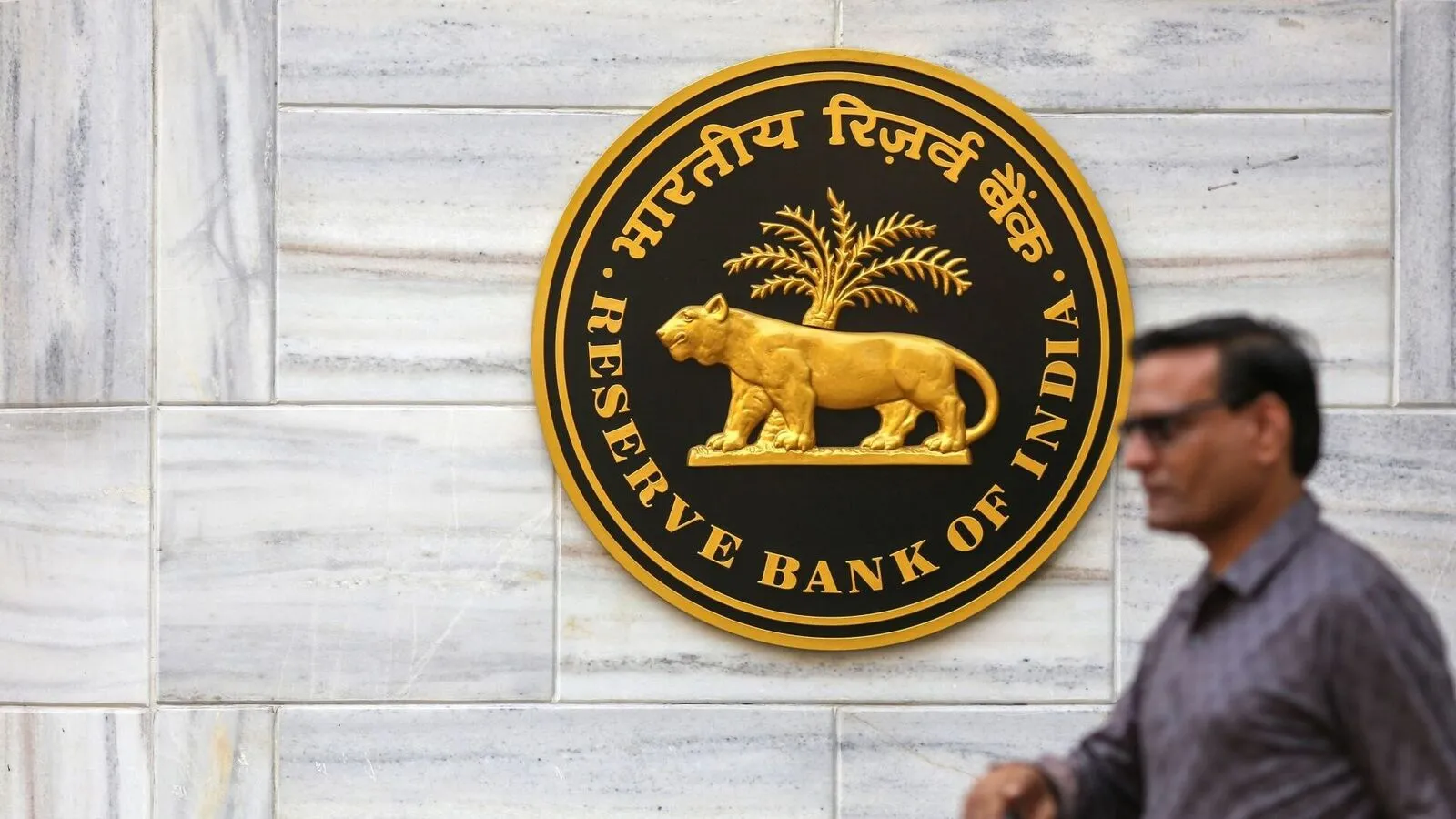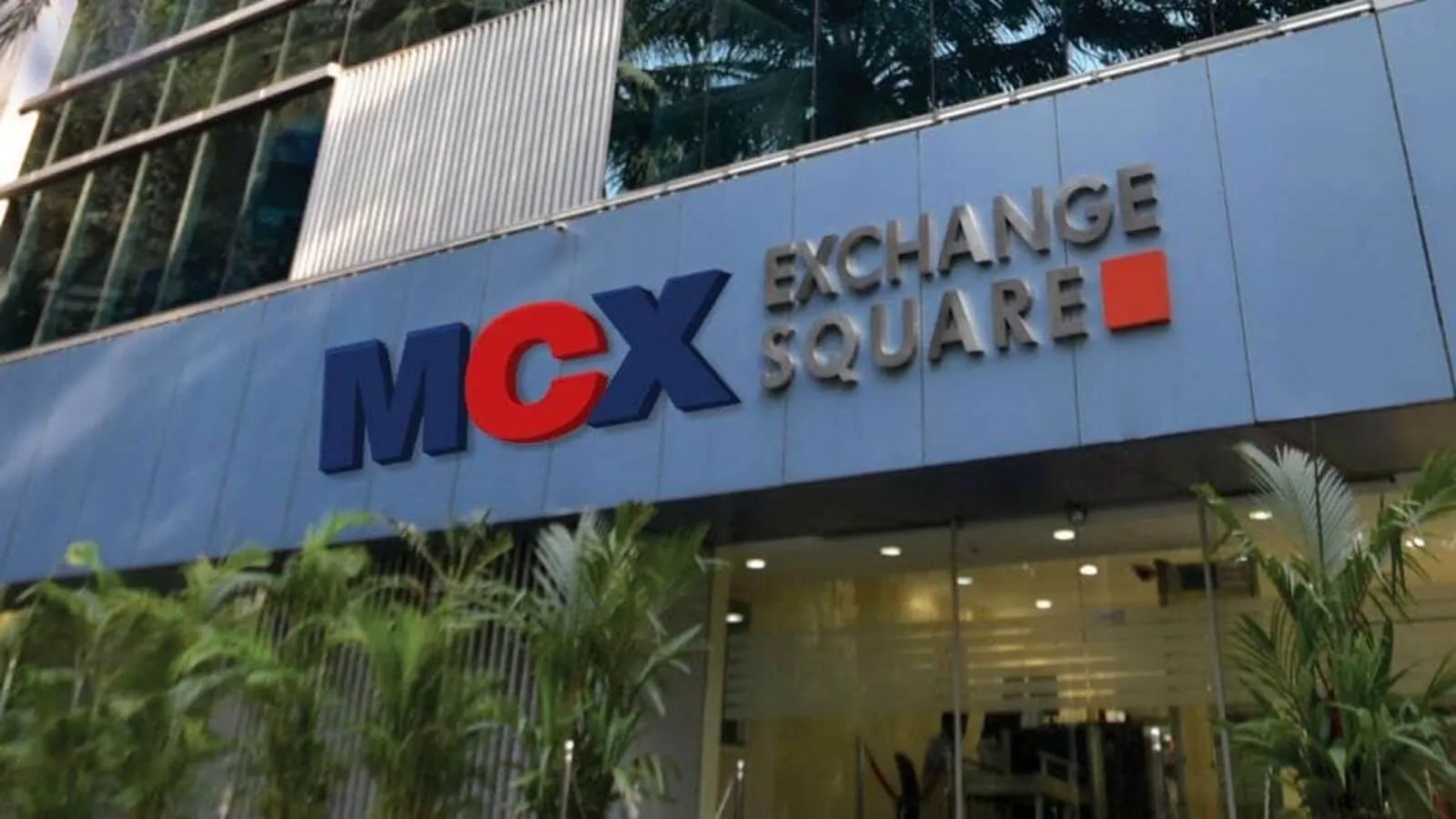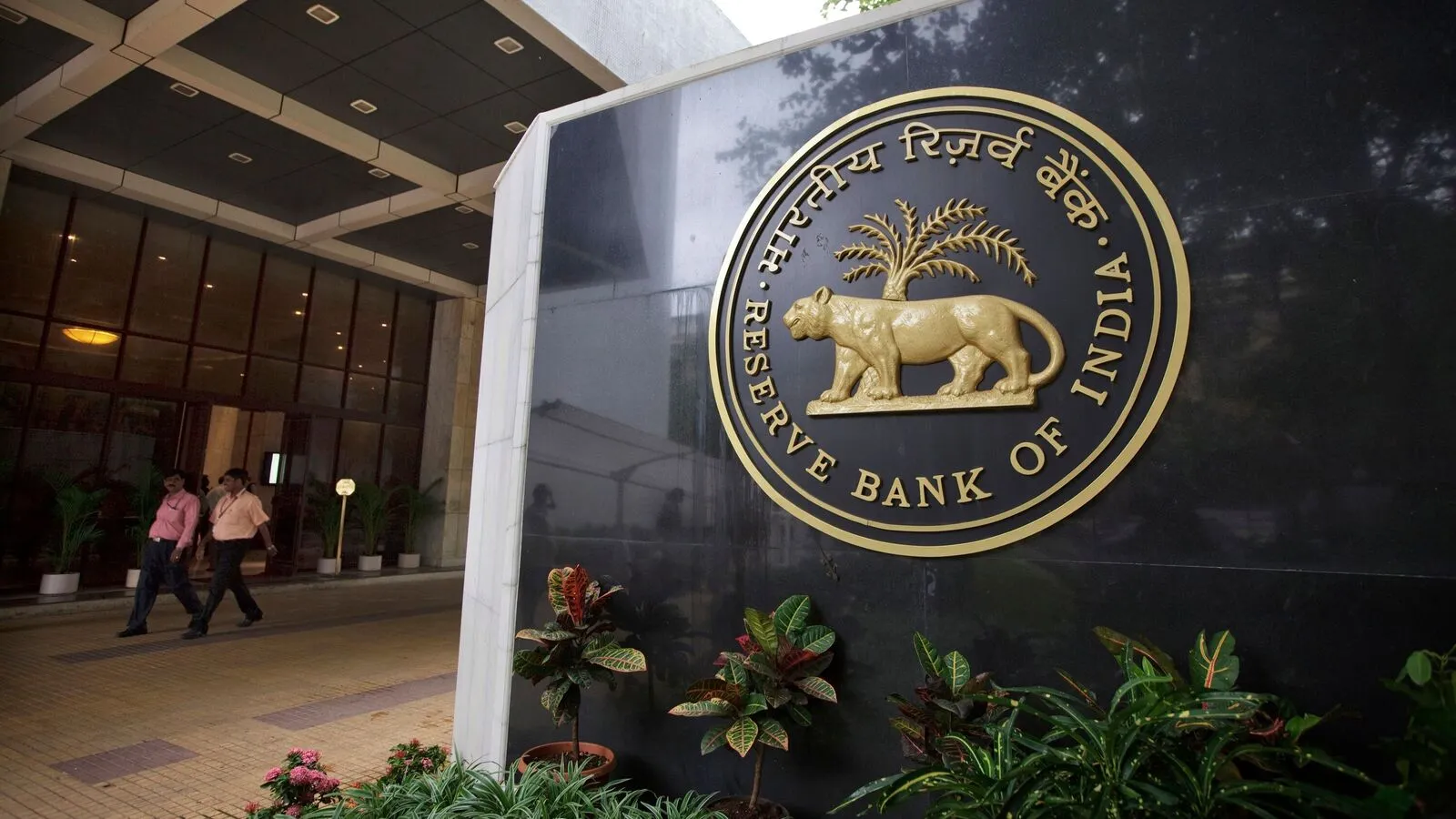RBI MPC meeting: Here’s what Indian stock market expect from central bank? Experts weigh in

The Reserve Bank of India’s (RBI) Monetary Policy Committee (MPC) will begin their its two-day meeting in Mumbai to assess the current interest rate outlook.
Market analysts are rightly anticipating a rate cut in the upcoming RBI MPC announcement on Friday. However, experts believe that a 25 bps cut seems most likely, there’s a strong case for a deeper 50 bps cut to further support credit growth and economic momentum.
The RBI has, in the past, opted for bold 50 bps cuts during 2012, 2015, and 2020, to counter domestic slowdowns or to frontload support for growth. However, the global backdrop today is markedly different.
Over the past six months, the U.S. Federal Reserve has held its benchmark rate steady at 4.25%–4.50%, after a brief easing cycle in late 2024. With the Fed adopting a cautious stance due to tariff-led inflation pressures, the interest rate differential between India and the U.S. has already narrowed from 225 bps to 175 bps since December 2024.
“Any aggressive rate cut by the RBI could further compress this spread, potentially triggering capital outflows and exchange rate pressures. That said, there’s a compelling domestic case for easing, private consumption growth has moderated, MSME credit expansion has slowed, and investment momentum needs a boost. A calibrated and forward-looking approach, a 25-bps cut now with a clear commitment to support growth in future meetings, would be the most prudent path forward,” said Mahendra Patil, Founder and Managing Partner, MP Financial Advisory Services LLP.
RBI MPC rate cut not the only focus
Divam Sharma, Co-Founder and Fund Manager at Green Portfolio PMs around RBI MPC meet says that the central bank will more focus on economic growth amid rising geopolitical tensions.
“We expect the RBI to cut rate this time. We believe that there will be an increased emphasis on economic growth going forward as we are witnessing significant geopolitical developments across the globe and promoting domestic businesses and manufacturing becomes increasingly important. The manufacturing sector remains capital expenditure (Capex) intensive. As a fund, we are particularly inclined towards sectors such as 5G infrastructure, defense, and auto ancillaries. A reduction in the Reserve Bank of India’s (RBI) repo rate would lower borrowing costs, thereby encouraging companies to pursue significant capital expansions,” Sharma said.
Soft inflation data and moderate demand trends give the RBI room to act. However, global uncertainties, including US policy and external trade dynamics, could influence the tone of the policy statement, says Pranay Aggarwal, Director and CEO of Stoxkart- a discount brokerage firm.
What does Indian stock market expect from RBI’s policy decision?
According to market analysts, the markets is more likely to trade in green if the central bank decides to opt a rate cut on Friday, June 6. Sectors like banking, real estate, and automobiles will remain in focus tomorrow.
“If the Reserve Bank of India announces a rate cut tomorrow, I anticipate a positive response from the equity markets, particularly in rate-sensitive sectors such as banking, real estate, and automobiles. A reduction in the repo rate would lower borrowing costs, potentially stimulating consumer demand and encouraging corporate investments,” said Aggarwal.
Looking at earlier trends, the Indian stock market remained volatile after the RBI’s announcement in February. On 7 Feb 2025, the BSE Sensex slipped by 328 points, or 0.4%, reaching an intraday low of 77,730.37. Similarly, the Nifty 50 fell by 110 points, also down 0.4%, to settle at 23,493.60.
Rate-sensitive sectors showed a strong response to the RBI’s policy change. Both the Nifty Bank and Nifty Financial Services indices declined by more than 0.4% each. Meanwhile, Nifty PSU Bank dropped 0.8%, and Nifty Private Bank was down 0.4%. On the other hand, Nifty Auto rose by 0.6%, and Nifty Realty climbed 1%.
Disclaimer: This story is for educational purposes only. The views and recommendations above are those of individual analysts or broking companies, not Mint. We advise investors to check with certified experts before making any investment decisions.









